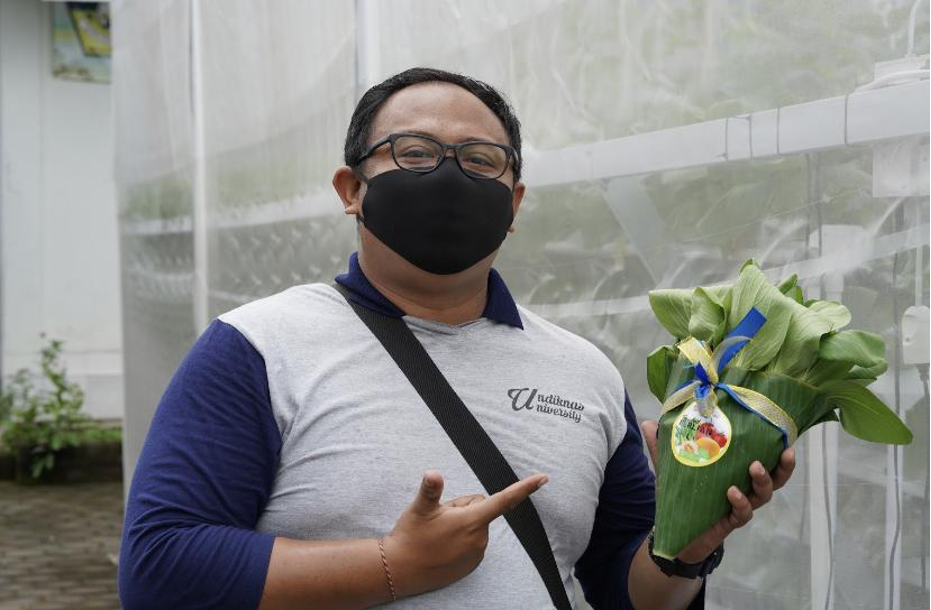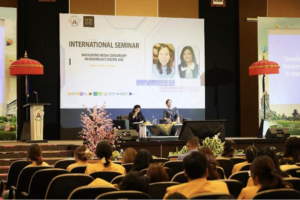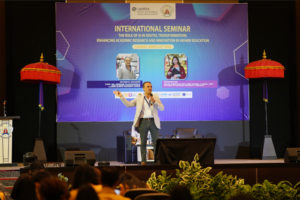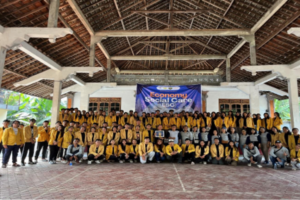
Undiknas Expands Sustainable Agriculture in Penebel Village: GAURI as a Model for Modern Agricultural Innovation
Bali – The Sustainable Development Goals (SDGs) have become the primary framework for Universitas Pendidikan Nasional (Undiknas) in designing and implementing community service activities as part of the Tridharma Perguruan Tinggi. To accelerate and provide direction for these activities, Undiknas continues its established partnership with Penebel Village in Tabanan, Bali. Previously, Undiknas focused on building a greenhouse that introduced an organic farming model based on precision farming as a form of smart agriculture. Launched in 2020, this project, known as GAURI (Greenhouse Agricultural Unit for Rural Innovation), has become a model for modern agricultural development in the village. (10/10/2024)
The success of this initiative has had a significant impact on Penebel Village and its surroundings, especially during and after the pandemic, when conventional agricultural activities were constrained. The greenhouse has allowed the people of Penebel Village to continue producing agricultural products, particularly fresh vegetables and fruits, without being affected by the pandemic.
The application of advanced agricultural technology has not only increased productivity but also contributed to achieving two key SDGs: no poverty and zero hunger. With these new technologies and methods, farmers are able to grow more crops and manage their resources more efficiently. This improvement in crop yields and resource management helps to increase food availability, which in turn reduces hunger and supports food security. Moreover, the rise in agricultural productivity has positively impacted poverty reduction. As farmers produce more and earn higher incomes, their financial situations improve.
Undiknas University plans to further expand and enhance this project by integrating additional technologies and modern farming methods to support sustainability and community well-being. Undiknas University is committed to promoting sustainable and inclusive development at the local level. By improving this project, the university seeks to ensure long-term food security, boost the local economy, and build resilience against various challenges. This effort highlights the university’s dedication to making a positive impact through innovative and responsible practices.



